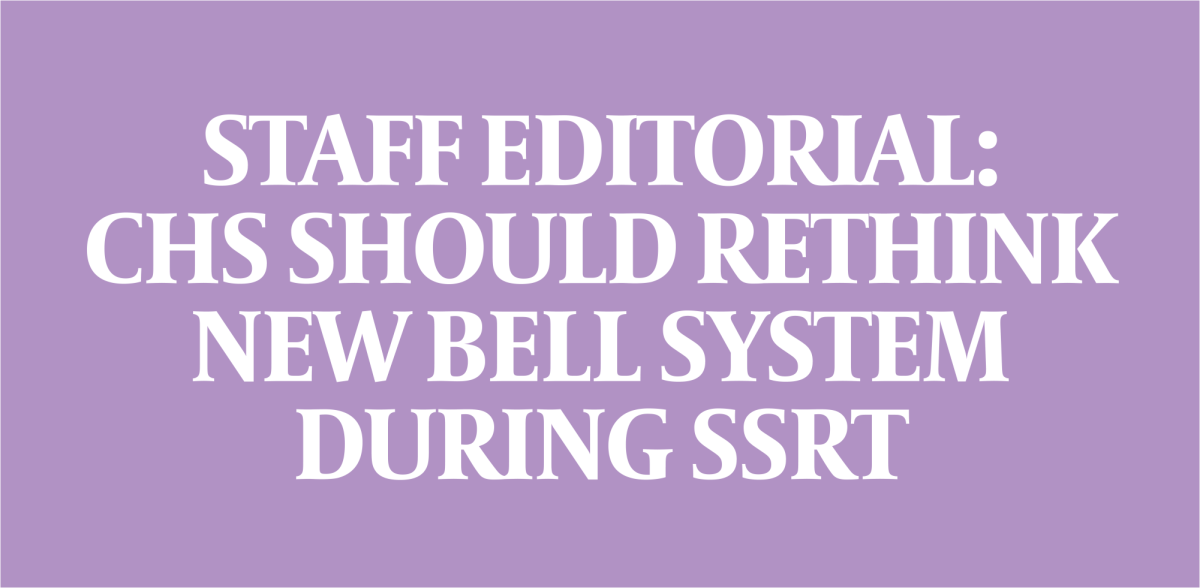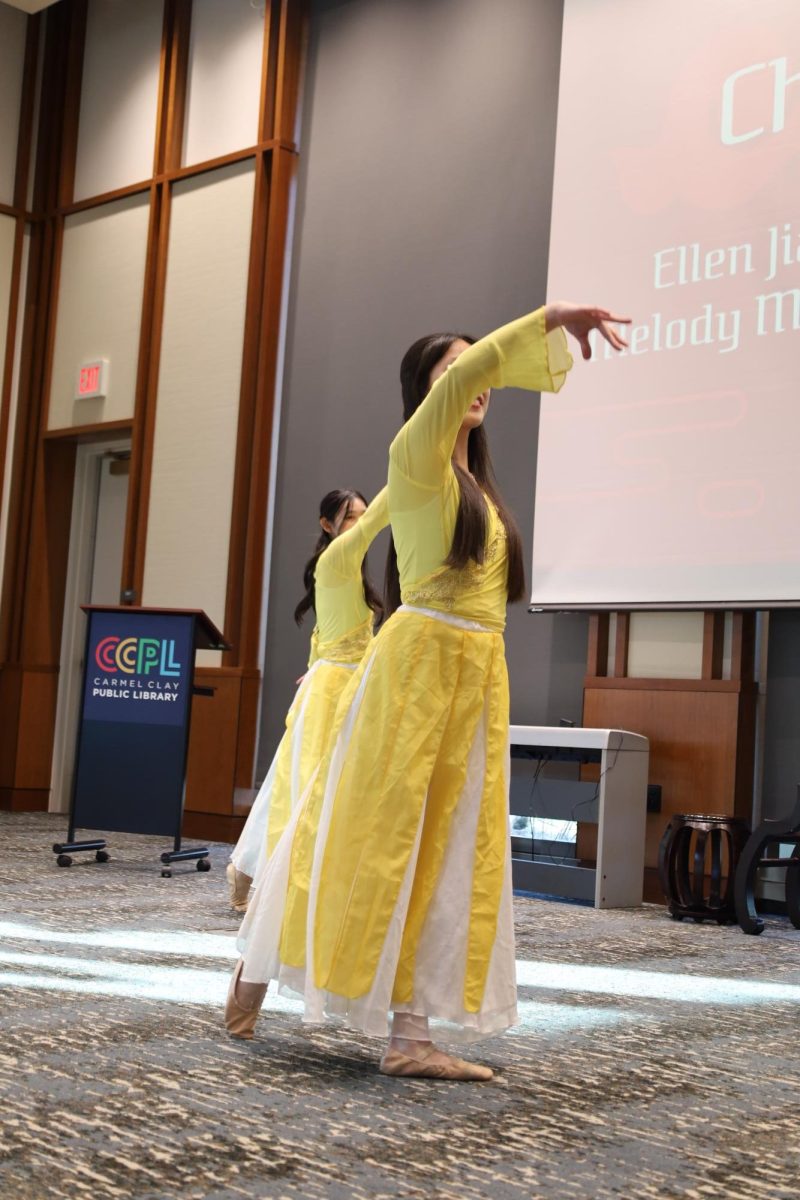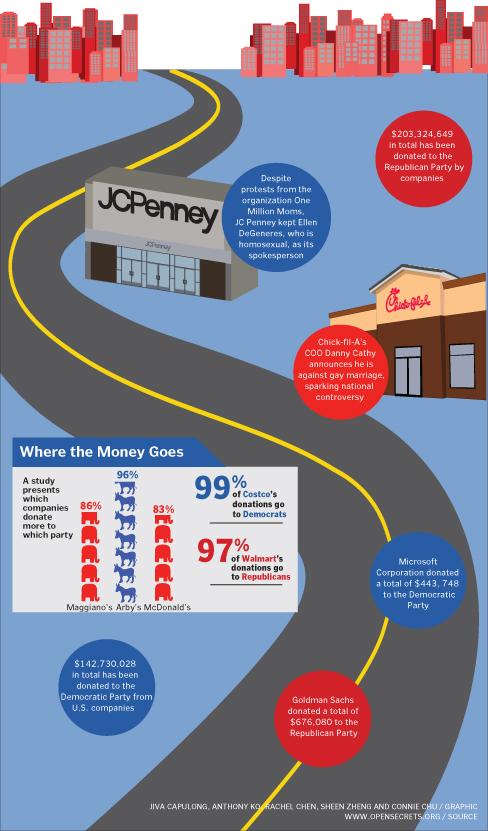 Recently, several large organizations across the nation—most notably Chick-fil-A and the Boy Scouts of America (BSA)—have made headlines by expressing their views on such subjects as homosexuality; some have even created policies regarding those views.
Recently, several large organizations across the nation—most notably Chick-fil-A and the Boy Scouts of America (BSA)—have made headlines by expressing their views on such subjects as homosexuality; some have even created policies regarding those views.
However, instead of being influenced by these organizations, Sanjeev Rau, Boy Scout and sophomore, said he has developed his own personal thoughts and ideas. According to Rau, being part of BSA, an organization that prohibits homosexuals from joining, has not really made him change his own views.
“No one really has that kind of attitude toward certain people,” Rau said. “An organization consists of a lot of people, so you can’t generalize all of them with a particular opinion. Honestly, I’m outraged because it just goes to show how a few people on top can influence the whole group.”
In July, Dan T. Cathy, Chick-fil-A’s chief operating officer (COO) confirmed the business’s support of organizations fighting against same-sex marriage. His statement ignited critics throughout the nation. According to Rau, the BSA’s situation is similar to Chick-fil-A’s. Earlier this summer, BSA also chose to continue with its policy of excluding homosexuals from its activities.
Still, Rau said, “Just because the head of the organization announces he is anti-gay doesn’t mean that if you go to any given Chick-fil-A all the people there will agree with that mentality.”
In the end, Rau said, people do not necessarily always agree with the organization’s views.
Rau said, “My personal opinion has actually become the reverse of the BSA’s opinion. After hearing about people (in) other troops being kicked out because of how they lead their lives, I definitely can’t support that. I imagine the people who are gay and haven’t come out yet feel scared because it becomes an important part of your life, and no one wants to lose that.”
Rau said this issue has sparked much debate on the issue, especially when it is revealed that leaders and scouts are kicked out for being gay. For him, the debate changed his perspective.
BSA also has policies prohibiting atheists and agnostics from membership as those disrupt he group’s stated fundamental principles.
In the past, the organization has revoked membership or leadership status because of these issues, and the organization’s right to do so has been upheld repeatedly in both state and federal courts.
But the issue isn’t limited to BSA and Chick-fil-A. Other well-known companies, including Forever 21, Tyson Foods and Hobby Lobby, also promote religious and political beliefs through their businesses. For example, on the bottom of Forever 21’s shopping bags is the biblical citation “John 3:16.”
The effect of a company’s open views may hold one of two outcomes for a particular business. According to business teacher Holly Hochstedler, the consequence of endorsing personal beliefs can largely depend on how the media portrays it.
“In any given case, the end product is a sum of the organization’s customer base and the type of media attention the issue receives,” Hochstedler said. “Financially, it can be either detrimental or extremely helpful.”
Mathew Padanilam, Boy Scout and sophomore, said that even though he disagrees with the BSA’s position, he still can’t disregard all the programs BSA has to offer. “(The BSA is) essentially being the Catholic Church in the 1500s,” Padanilam said. “It takes a lot of hard work to be in some positions, and having all of that thrown away just because you say you are gay is most certainly not right.”
 Thinking along the same lines, Hochstedler said, “A normal person would support a business if they agree with the idea and not support it if they don’t. But then again, I go to a restaurant because I like the food, not because of what the owner’s political stance is.”
Thinking along the same lines, Hochstedler said, “A normal person would support a business if they agree with the idea and not support it if they don’t. But then again, I go to a restaurant because I like the food, not because of what the owner’s political stance is.”
Hochstedler said establishments do leave an impression on public opinion.
“Typically I think most businesses don’t want to take a stance on current social issues because they don’t want to divide their customer base,” she said. “Occasionally, when one does take a stance on it, then apparently they must feel so strongly about it that they are not worried about influencing the customer base they have.”
Disinterest due to how these groups directly vocalize tense issues is a likely effect, according to Rau. The research paper “Corporate Political Donations: Investment or Agency?” published in 2012, revealed that over a five-year span, every $10,000 donated by businesses to organizations associated with political beliefs led to an a overall commensurate fall back to investors.
Logan Farrell, Boy Scout and sophomore, said, “Individually I don’t think most of the Boy Scouts care as much; it’s mostly just the heads of the organization being concerned with the security of the youth and being a private organization; they have the right to do that even if everyone doesn’t necessarily agree with them,” Farrell said.
In regards to the BSA’s position, Hochstedler said perhaps the organization’s concern comes from the type of work it does.
“(With the BSA) You are trying to work with a person who you think is a role model. I think most boy scouts would consider their leaders role models in their lives,” she said. “An organization has ideas that they support, and because of that relationship, in this instance, the ideas might shape the way students form as well. As time goes on, that person may not necessarily keep that philosophy, though.”
Padanilam said, “At the end of the day, (the BSA has) the constitutional right to (its opinion and policy). The BSA, Chick-fil-A and other businesses are private organizations; they can do anything they want. I don’t think they should, but it’s like a restaurant kicking you out; there is not much you can do.”































![AI in films like "The Brutalist" is convenient, but shouldn’t take priority [opinion]](https://hilite.org/wp-content/uploads/2025/02/catherine-cover-1200x471.jpg)













































![Review: “The Immortal Soul Salvage Yard:” A criminally underrated poetry collection [MUSE]](https://hilite.org/wp-content/uploads/2025/03/71cju6TvqmL._AC_UF10001000_QL80_.jpg)
![Review: "Dog Man" is Unapologetically Chaotic [MUSE]](https://hilite.org/wp-content/uploads/2025/03/dogman-1200x700.jpg)
![Review: "Ne Zha 2": The WeChat family reunion I didn’t know I needed [MUSE]](https://hilite.org/wp-content/uploads/2025/03/unnamed-4.png)
![Review in Print: Maripaz Villar brings a delightfully unique style to the world of WEBTOON [MUSE]](https://hilite.org/wp-content/uploads/2023/12/maripazcover-1200x960.jpg)
![Review: “The Sword of Kaigen” is a masterpiece [MUSE]](https://hilite.org/wp-content/uploads/2023/11/Screenshot-2023-11-26-201051.png)
![Review: Gateron Oil Kings, great linear switches, okay price [MUSE]](https://hilite.org/wp-content/uploads/2023/11/Screenshot-2023-11-26-200553.png)
![Review: “A Haunting in Venice” is a significant improvement from other Agatha Christie adaptations [MUSE]](https://hilite.org/wp-content/uploads/2023/11/e7ee2938a6d422669771bce6d8088521.jpg)
![Review: A Thanksgiving story from elementary school, still just as interesting [MUSE]](https://hilite.org/wp-content/uploads/2023/11/Screenshot-2023-11-26-195514-987x1200.png)
![Review: "When I Fly Towards You", cute, uplifting youth drama [MUSE]](https://hilite.org/wp-content/uploads/2023/09/When-I-Fly-Towards-You-Chinese-drama.png)
![Postcards from Muse: Hawaii Travel Diary [MUSE]](https://hilite.org/wp-content/uploads/2023/09/My-project-1-1200x1200.jpg)
![Review: "Ladybug & Cat Noir: The Movie," departure from original show [MUSE]](https://hilite.org/wp-content/uploads/2023/09/Ladybug__Cat_Noir_-_The_Movie_poster.jpg)
![Review in Print: "Hidden Love" is the cute, uplifting drama everyone needs [MUSE]](https://hilite.org/wp-content/uploads/2023/09/hiddenlovecover-e1693597208225-1030x1200.png)
![Review in Print: "Heartstopper" is the heartwarming queer romance we all need [MUSE]](https://hilite.org/wp-content/uploads/2023/08/museheartstoppercover-1200x654.png)


